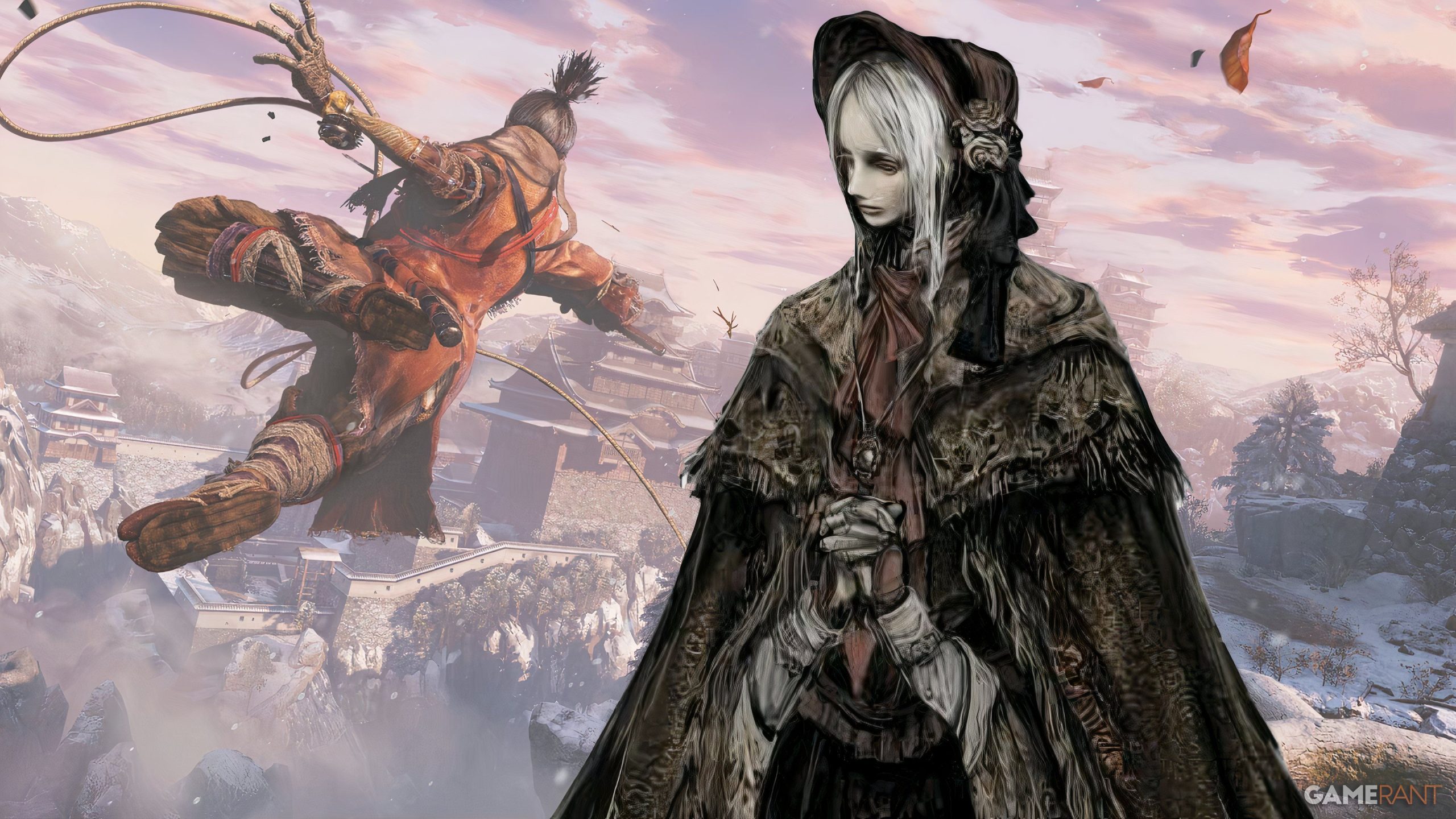Now that Team Cherry’s Hollow Knight: Silksong has been released, and its existence can never again be questioned, I can’t help but be saddened by the fact that no such similar fate seems remotely valid for FromSoftware’s Bloodborne. I actually don’t mind if Bloodborne isn’t succeeded by a port, remaster, remake, or sequel, but only because it remains accessible and beloved as is on PlayStation 4. Still, I wouldn’t be opposed to a port for PC, a remaster with at least 60fps, a remake developed by Bluepoint, or a sequel developed by FromSoftware; I’m also just not wanting to delude myself.
Until an official confirmation or credible rumor/leak about a future Bloodborne project bears fruit, I will live happily and peacefully with the knowledge that I can always play Bloodborne as it is. Besides, if notable and reputable insider Jeff Grubb is to be believed, I have literally no reason to be on the edge of my seat and hoping to see something Bloodborne-related whenever a new PlayStation Showcase or State of Play is about to air. According to Grubb, nothing has stirred, and Bloodborne is still indefinitely on ice. If true, I think a Sekiro: No Defeat-style anime adaptation could be a glorious avenue for Bloodborne.
Sekiro: No Defeat is Life Support for an IP With Nowhere to Go
Sekiro: No Defeat—adapting FromSoftware’s Sekiro: Shadows Die Twice—may not be a new Sekiro game, but it’s a fun surprise nonetheless. While Bloodborne could hypothetically receive action-RPG sequels in the same vein that Dark Souls has, Sekiro: Shadows Die Twice is doubly unique in its nature as a standalone game since it belongs to the action-adventure genre of gameplay and began development as a Tenchu game before transitioning into its own IP.
Sekiro: No Defeat isn’t necessarily a death sentence for Sekiro altogether, but there isn’t much precedence for a sequel in the same way that Bloodborne’s openness and scope of worldbuilding would be able to support.
For instance, an inherent element of why Sekiro: Shadows Die Twice’s anime is logical is because it is concretely character- and story-driven, following Wolf and Kuro, the Divine Heir. No matter which ending it chooses to pursue, Sekiro: No Defeat will have a coherent throughline if it chooses to adapt Sekiro: Shadows Die Twice beat for beat.
Rather, Bloodborne’s lore is famously convoluted and difficult to parse on a first playthrough. That said, a Bloodborne anime would almost undoubtedly feature the Hunter in the Hunter armor set with a Saw Cleaver, being the most iconic avatar loadout for the game, and extrapolating further from the base game and Old Hunters content wouldn’t be out of the realm of possibility when there is already a Bloodborne comic book/graphic novel series.
Bloodborne May Be Dead and Buried, But That Doesn’t Mean It Can’t Be Exhumed
Sekiro: No Defeat isn’t a balm for players who wish there was a Sekiro sequel. Yet, with Bloodborne and Sekiro: Shadows Die Twice being my favorite FromSoftware games, it’s amusing, if not relieving, that Sekiro hasn’t been shelved forever. It’s unclear whether the success or popularity of Sekiro: No Defeat as an anime could renew interest in the game and result in a sequel or spin-off, but it’s better than the harrowing nothingness that awaits it otherwise.
Sekiro: Shadows Die Twice is six years old, which is evidently long enough for me to scoff and demand to know where the last half of a decade went, but not quite long enough to have earned Sekiro a fanbase as immense and ravenous as Bloodborne’s—perhaps that’s merely a sign that Bloodborne’s fans outnumber Sekiro’s. If anyone has been crying out for a new Sekiro game, they are a silent minority.
A Sekiro sequel could be as phenomenal as the first game, though it seems relatively agreed upon that Sekiro works well as a standalone, singular game. If there is nothing left for FromSoftware to offer either Bloodborne or Sekiro, anime adaptations are hopefully nothing but faithful and high-quality celebrations of how transcendental and unique both games are in the developer’s catalog.
